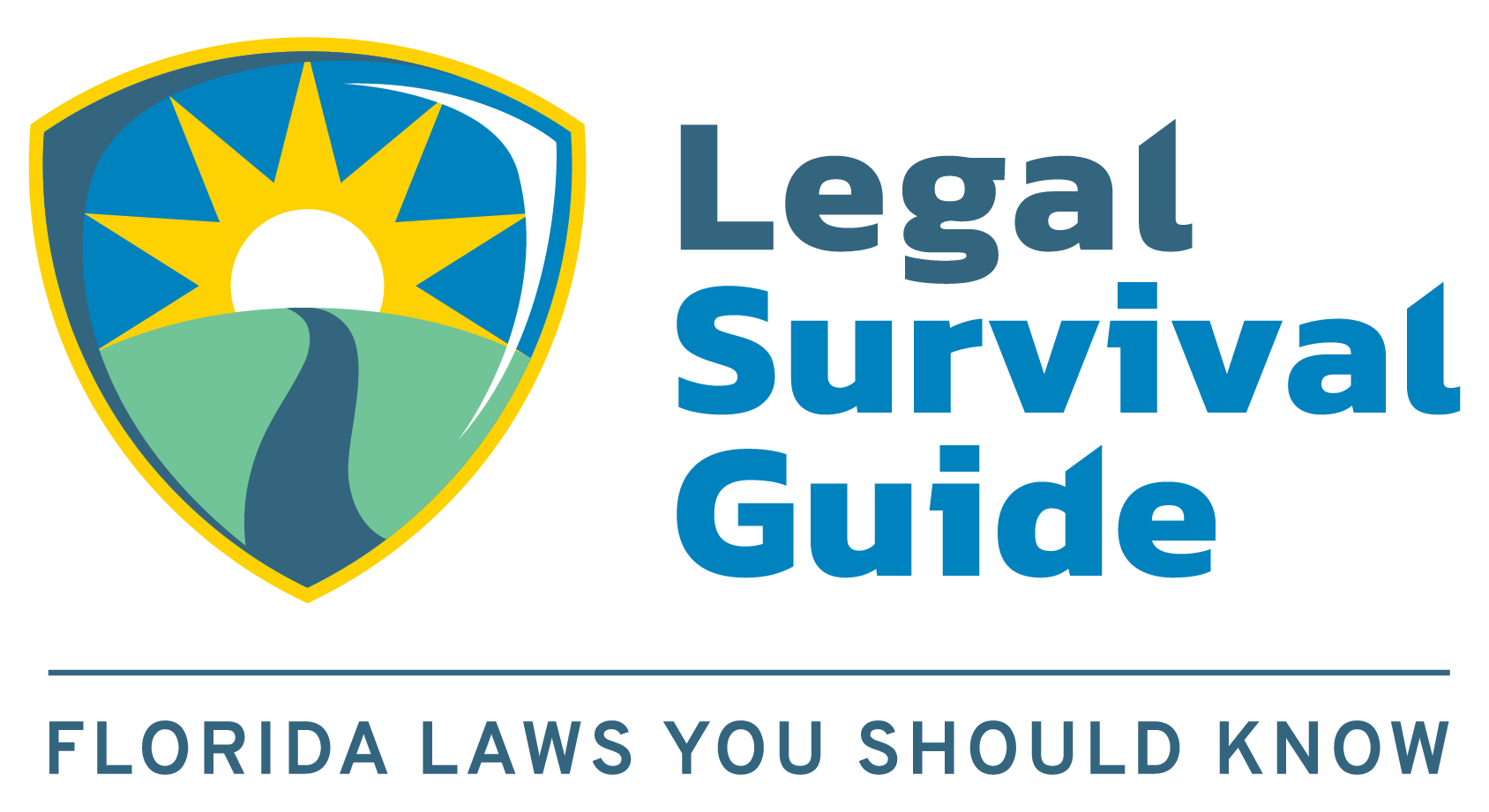Florida has strict laws regarding the age of consent, which is the age at which a person is considered legally competent to consent to sexual acts. If you are charged with breaking consent laws, you may be placed on the sexual offender registry, which has lifelong implications.
In Florida, the legal age of consent is 18. If you are an adult, sexual intercourse with a minor (someone younger than 18) is considered statutory rape, which is a serious crime.
Sexual assault
Sexual assault of a minor could be charged under the state’s child molestation or child enticement laws. In the eyes of the court, it doesn’t matter whether the minor verbally consented to or initiated the activity – the state considers any individual under 18 as too young to be capable of properly giving consent. In fact, there are no valid defenses of such an act that an adult can use in court.
Romeo and Juliet law
The only exception to the legal age of consent is the so-called Romeo and Juliet law, which is a close-in-age exception. This Florida law states that minors who are 16 or 17 years old can consent to sexual activity with someone no more than 23 years old. If the adult is age 24 or older, it is considered statutory rape.
Penalties for violating age of consent laws
Penalties for violating age-of-consent laws depend on the ages of both the defendant and the victim, and vary depending on the circumstances of the crime. The legal consequences of statutory rape are broken into categories, with penalties outlined below:
- Unlawful sexual activity with certain minors includes sexual penetration (with an object or body part) involving a minor who is 16 or 17 and an adult who is at least 24 years old. This offense is a second-degree felony, with penalties including up to 15 years in prison, a fine of up to $10,000, or both.
- Lewd and lascivious molestation includes sexual touching (including over clothing) between a defendant and a minor who is under age 16.
- This offense is a life felony if the victim was younger than 12 and the defendant was 18 or older. Penalties include at least 25 years (and up to life) in prison.
- The offense is a second-degree felony if the victim was 12, 13, 14, or 15 and the defendant was 18 or older, or if the victim was younger than 12 and the defendant was 17 or younger. A conviction can result in up to 15 years in prison, a fine of up to $10,000, or both.
- The offense is a third-degree felony if the victim was 12, 13, 14, or 15 and the defendant was 17 or younger. Potential penalties include up to five years in prison, a fine of as much as $5,000, or both.
- Lewd and lascivious battery includes sexual penetration between an adult and a minor who is 13, 14, or 15 years old. The offense is a second-degree felony and carries a penalty of up to 15 years in prison, a fine of up to $10,000, or both.
- Lewd and lascivious conduct includes sexual touching between an adult and a minor younger than 16, or an adult soliciting a minor younger than 16 to engage in sexual touching.
- For defendants 18 and older, the offense is a second-degree felony. Penalties for a conviction include up to 15 years in prison, a fine of up to $10,000, or both.
- If the defendant was younger than 18 at the time of the crime, the offense is a third-degree felony. Potential penalties include up to five years in prison, fines of up to $5,000, or both.
Emancipation
Emancipation is a legal process by which a person younger than 18 gains all the rights and responsibilities of an adult. An emancipated minor has the legal capacity to act as an adult and is no longer entitled to the benefits and protections of being a minor.
At that point, the minor’s parents no longer have a legal responsibility to support the minor. The Department of Children and Families will not intervene to protect the minor’s welfare as the agency would for an unemancipated minor.
Emancipation does not change the effect of other laws that restrict behavior by a minimum age. For example, an emancipated minor cannot drink until age 21 or vote until age 18.

